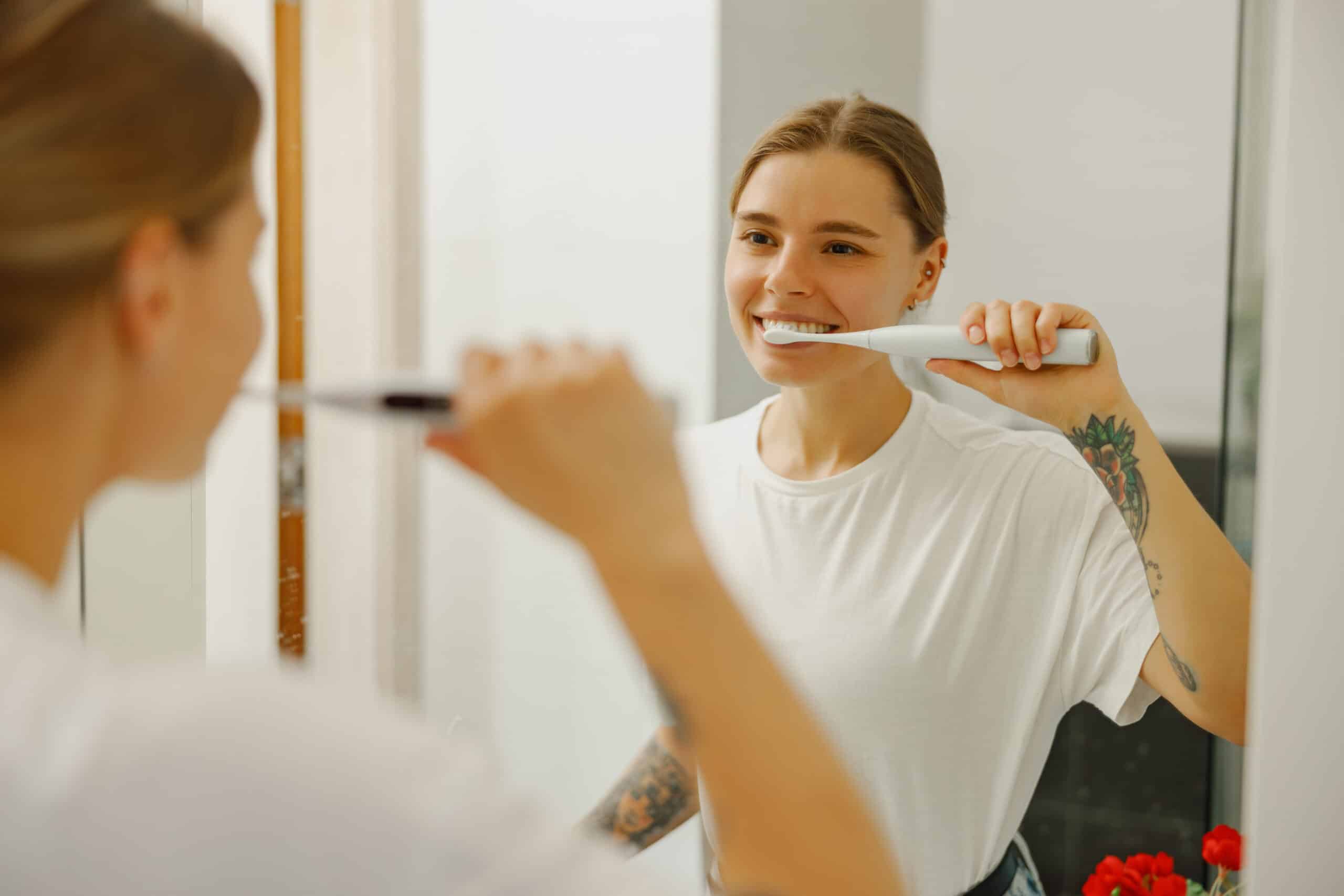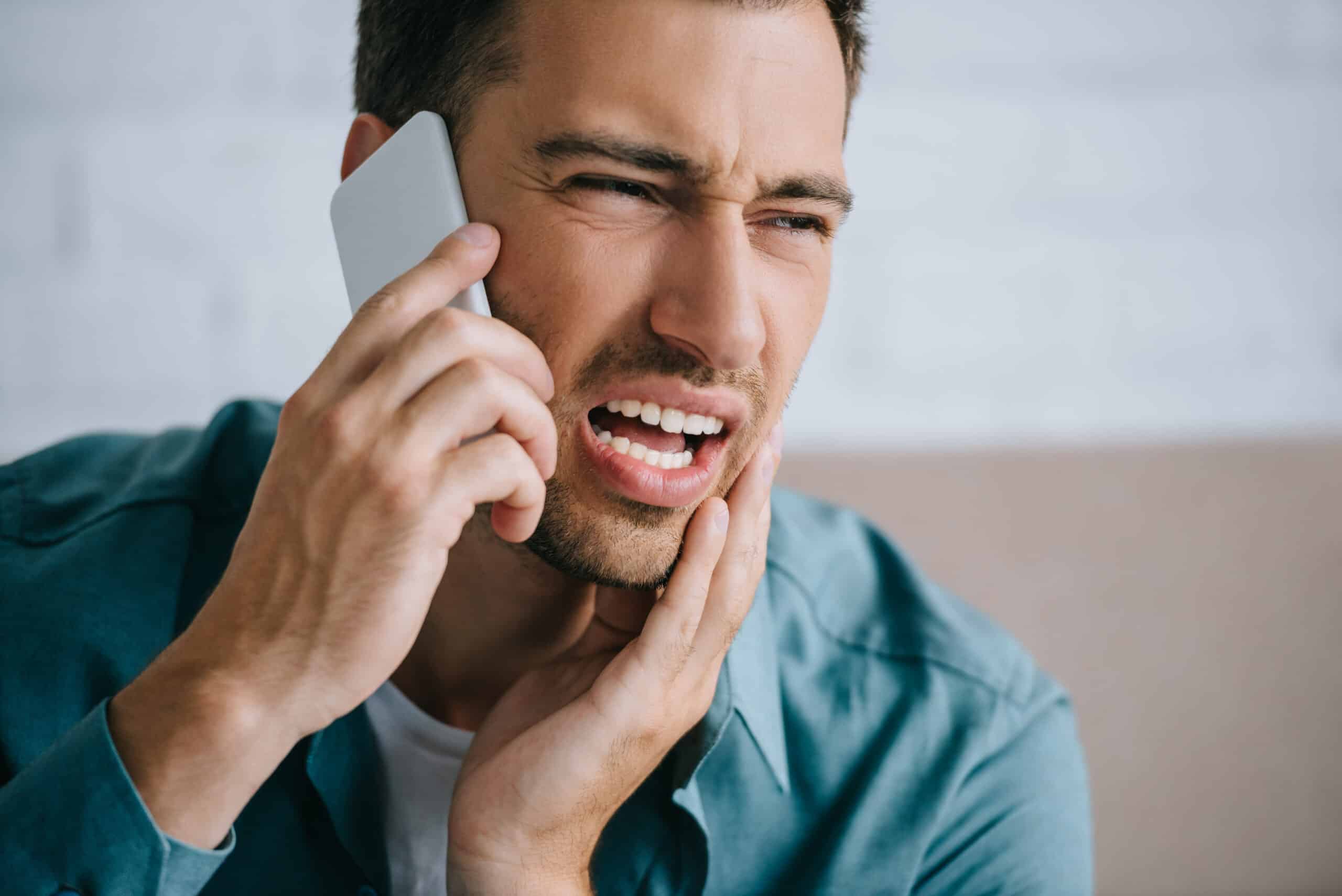You’ve probably seen an influencer or two on Instagram with a seemingly filthy mouth, a big smile and a story about how they brushed their teeth with activated charcoal for a few weeks to see what would happen. Some say their teeth have never been whiter. Others say they ruined more than a few of their shirts for good. Before you smother your teeth in charcoal, you should know a few things.
Activated charcoal has nothing to do with what you’d find in a barbecue.
No one’s scraping the bed of their Hibachi with a toothbrush. Activated charcoal is a black powder made from reused coconut shells, olive pits, decomposed vegetable matter and bone char. It originally appealed to the eco-friendly set because of how it took waste and did something with it. When they found that it was effective at removing tooth stains, the desire for whiter teeth took over and the fad spread.
It’s true, activated charcoal can remove toxins and stains
If you leave activated charcoal on your teeth for long enough (usually 15 to 20 minutes) it will bind with surface stains and plaque. Then, when you remove the charcoal, it can take those surface stains with them. But because charcoal only binds with surface material, it won’t affect deeply discoloured teeth.
But this doesn’t mean brushing your teeth with charcoal is a good idea
Charcoal is abrasive which means it can strip enamel, making your teeth overly sensitive to hot and cold (not the best idea for November weather and the hot drinks the coming cold snaps are going to require).
Brushing your teeth with charcoal is also very messy. Your mouth, lips and tongue will turn black and it will take several rinses to clean them completely. If you’re not careful, your clothes, towels and bathmat will turn black too. And it’s near impossible to get charcoal out of fabric, so anything you accidentally drip on is probably gone for good.
So what’s the verdict on brushing your teeth with charcoal?
We are not advocates. If you insist on trying it, be careful. Don’t overdo it. This should absolutely not be a daily activity. Also know that charcoal has zero preventative qualities so it’s NOT a replacement for regular toothpaste, flossing or rinsing.








